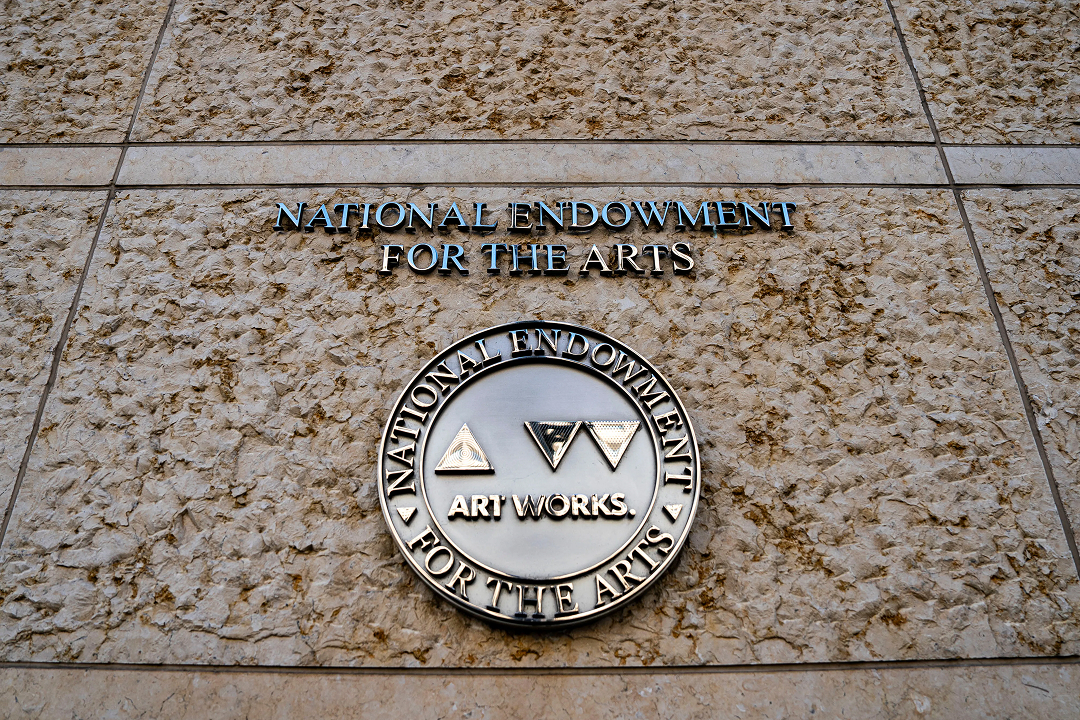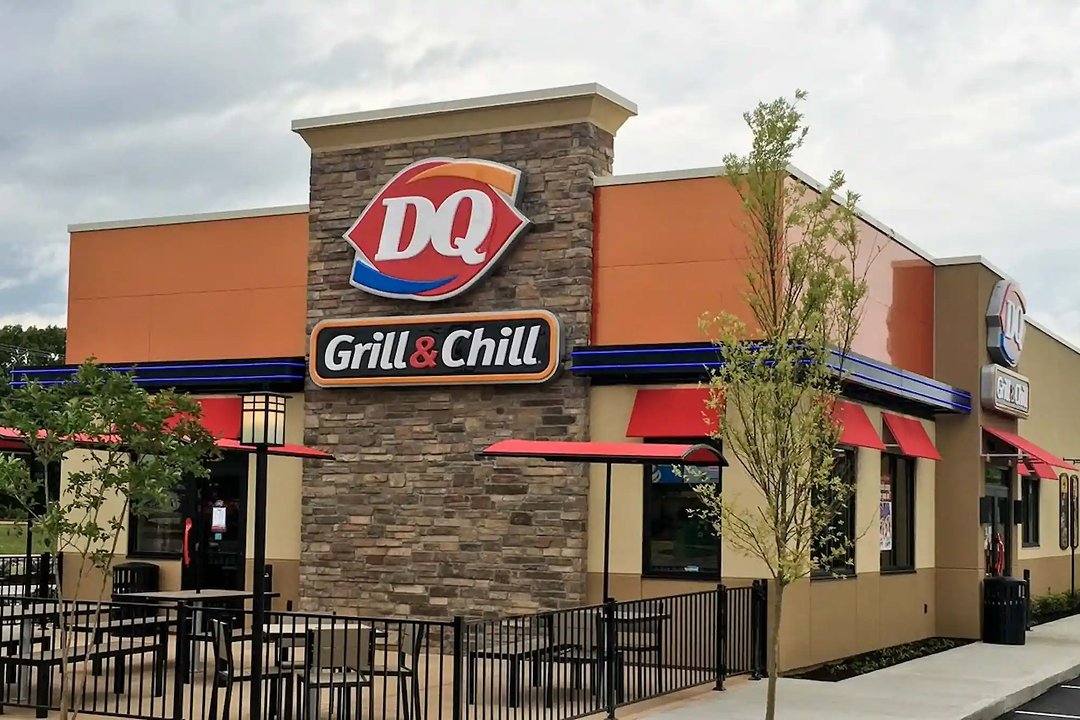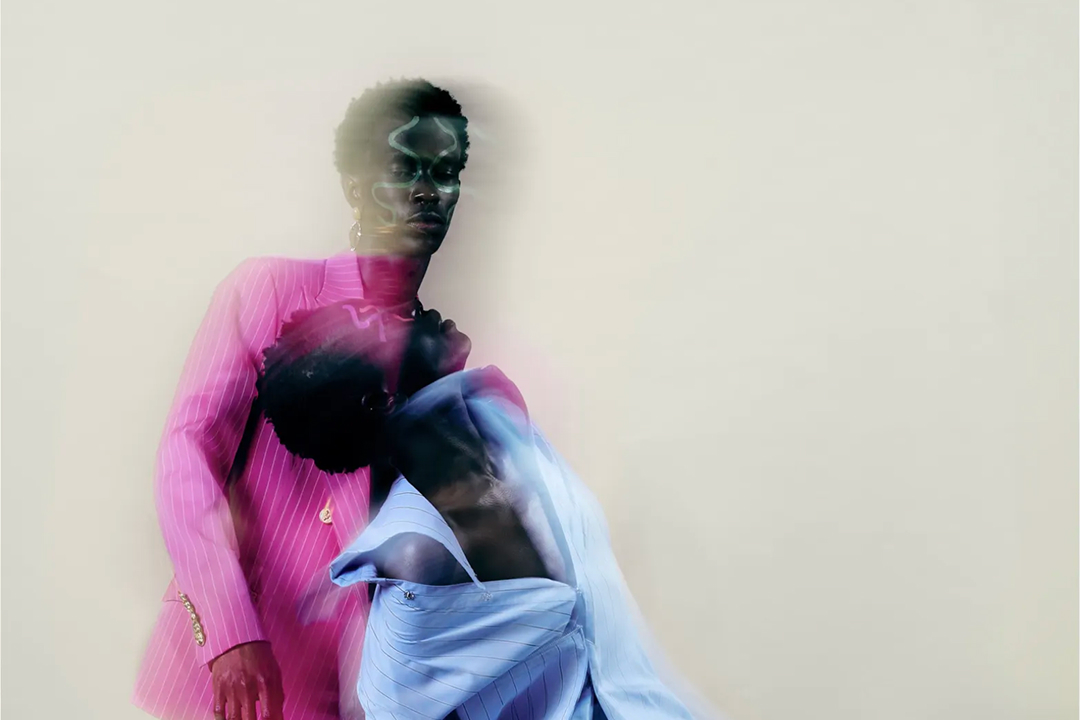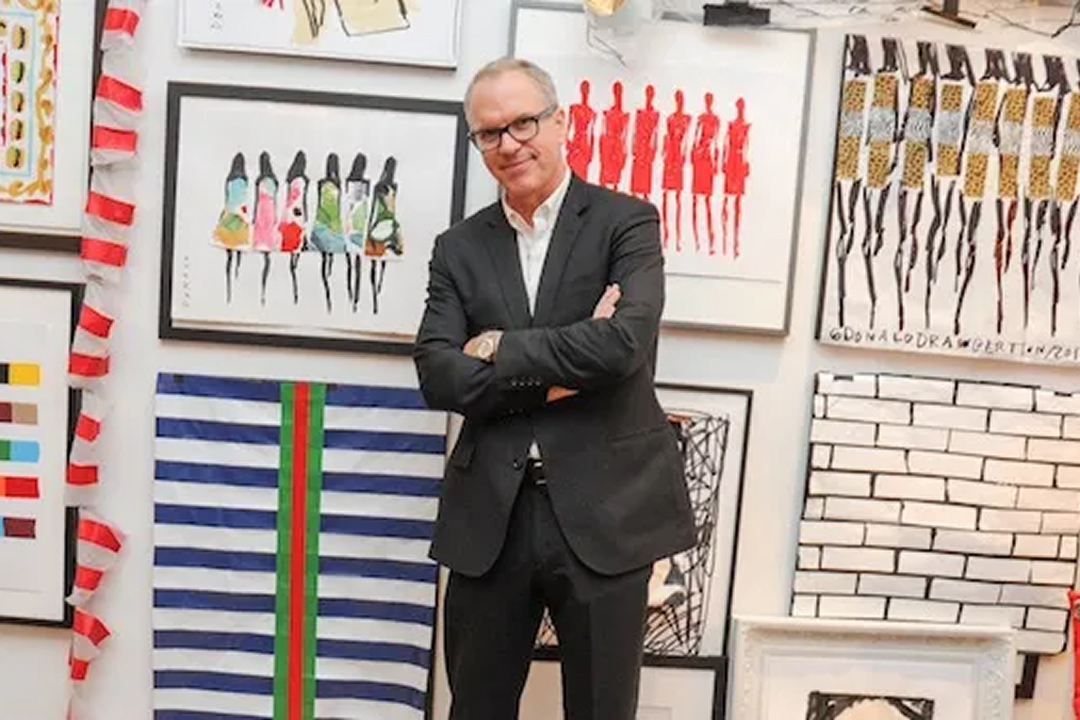Trump’s NEA Grants Cancellations Hit Key Chicago Cultural Events

Chicago’s arts sector was dealt a sharp blow recently when several prominent organizations were informed that their NEA grants were being revoked, after already being awarded.
Among the affected events: Open House Chicago, the city’s annual celebration of architectural and historical landmarks, and the Black Harvest Film Festival, which showcases Black voices in cinema each fall at the Gene Siskel Film Center.
Both organizations received emails Friday informing them that their NEA grants, $30,000 and $20,000, respectively, had been rescinded. The funding had already been approved earlier this year as part of the National Endowment for the Arts award cycle, totaling nearly $37 million.
The reason? The Trump administration’s renewed efforts to dismantle the NEA.
“The Show Will Go On,” Say Organizers
Despite the NEA grants loss, organizers are pressing forward with plans.
For Open House Chicago, the blow is financial, not fatal.
“Our grant loss strains our resources, but is not a large enough percentage of the total Open House Chicago operating budget to prevent the festival from happening,” organizers said via email.
The free event, hosted by the Chicago Architecture Center, draws thousands to iconic sites like the Ramova Theatre and the Jane Addams Hull-House Museum. While the festival is still on, the pulled NEA grants force a last-minute funding pivot.
The same is true for the Black Harvest Film Festival. The Gene Siskel Film Center confirmed receipt of the cancellation notice and said the festival will proceed, but with greater financial uncertainty.
Revival of the NEA Elimination Agenda
The cancellation isn’t isolated. It’s part of a broader move by President Trump to “claw back” NEA grants already committed for the current year. He has also reintroduced a proposal to eliminate the NEA altogether, a move he unsuccessfully attempted during his first term.
This round of cuts impacts both current and future funding. Some organizations received letters terminating active NEA grants. Others were notified that previously approved reimbursements would no longer be honored.
Larger Chicago Arts Scene on Alert
The ripple effect across Chicago’s arts ecosystem is immediate and potentially growing.
The Grant Park Music Festival, which expected to receive $75,000 in NEA grants, hasn’t yet received a cancellation notice. But organizers say they are waiting nervously.
So is Jeff Jenkins, founder of Midnight Circus, an acrobatic performance group that brings affordable shows to city parks.
Jenkins hasn’t yet received a formal termination, but recently, he was notified that key NEA contacts had resigned, leaving his organization in a bind with no clear communication.
“For a small mom-and-pop like us, we don’t have time to wait,” Jenkins said. “Putting together a circus with artists from all over the world and bringing it to communities all across Chicago isn’t something you slap together in a weekend.”
His team is continuing preparations for summer programming, which typically includes four to five shows every weekend over a six-week stretch.
“I can’t say this strongly enough: Our state officials and our city officials need to step up,” he said.
A Widespread and Prolonged Fallout
As federal support dissolves, local and state leaders are now being asked to backfill the funding gap.
Claire Rice, Executive Director of Arts Alliance Illinois, is urging both the public and philanthropic sectors to act quickly. Though Rice remained cautiously optimistic about whether the support would actually come through.
“I do know that our city and our state believe in the power of arts and culture and the importance of that in Illinois communities, so we are certainly working toward filling these gaps.”
Complicating things further is timing. The Illinois Arts Council, which receives around $1 million in NEA grants annually, has already spent down its current year’s budget.
“We are not the only sector taking major hits on a federal level,” said Executive Director Joshua Davis-Ruperto. “It will be a tough budgeting year in Illinois all around.”
Private Foundations Attempt a Rescue
Some relief may come from Chicago’s philanthropic community.
The Gaylord and Dorothy Donnelley Foundation, which funds 160 local arts organizations, is already coordinating with peer institutions.
“We’re talking with each other collectively. It’s very similar to what we did during the pandemic shutdown,” said Ellen Placey Wadey, the foundation’s program director. “The thing that’s a little more challenging this go around is that we suspect the timeline will be longer.”
Long-Term Uncertainty for a Vital Sector
Chicago’s cultural institutions are accustomed to making do with limited support. But a sudden federal pullback, mid-cycle, adds a layer of chaos to an already fragile funding environment.While the major events will continue this year, the wider implications of these rescinded NEA grants suggest a shifting national stance on public arts investment, one that could affect the city’s creative life for years to come.





